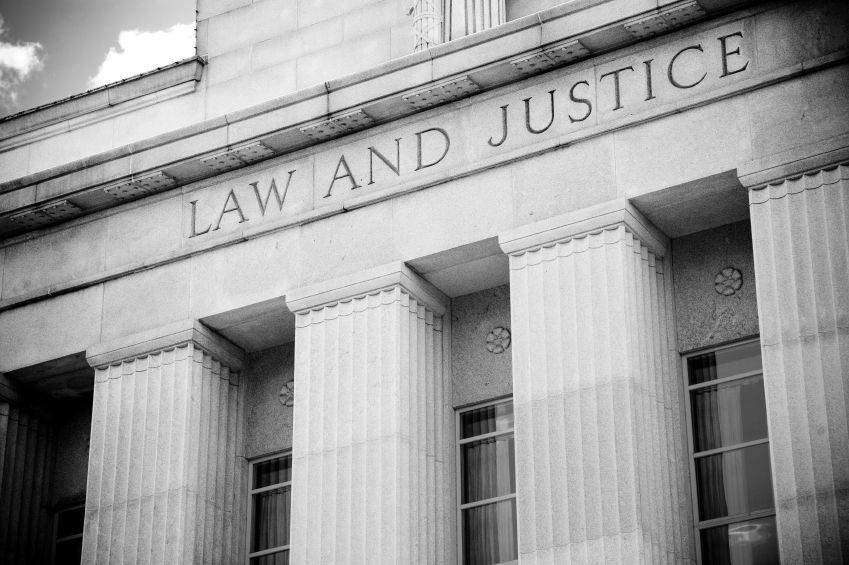SME Commercial Leasing Principles During COVID-19
Who does the Code apply to?
The Code applies to commercial tenancies where the tenant:
- Is an eligible business for the JobKeeper programme, and
- Has an annual turnover of $50 million or less.
- Franchises: turnover is at the franchisee level.
- Retail corporate groups: turnover is at the group level (rather than the individual retail outlet level).
Commonwealth JobKeeper Program Eligibility
Employers are eligible if:
- Their business has a turnover of less than $1 billion and their turnover has fallen by more than 30 per cent (of at least a month); or
- Their business has a turnover of $1 billion or more and their turnover has fallen by more than 50 per cent (of at least a month); and
- The business is not subject to the Major Bank Levy
Landlord Obligations
- Landlords must not terminate leases due to non-payment of rent.
- Landlords must not draw on tenant’s security for non-payment of rent.
- Landlords must offer tenants a reduction in rent proportionate to the tenant’s reduction in trade (up to 100% of the amount ordinarily payable), in the form of waivers and deferrals.
- Landlords must pass on to the tenant (in the appropriate proportion):
- Any reduction in statutory charges (eg, land tax, council rates) or insurance.
- Any benefits the landlord receives due to deferral of loan payments provided by a financial institution as part of the Australian Bankers Association’s COVID019 response.
- Where appropriate landlords should waive recovery of any other expenses (or outgoing payable) by a tenant, during the period the tenant is not able to trade.
- Landlords reserve the right to reduce services as required in such circumstances.
- The tenant should be offered an opportunity to extend the lease for a period equivalent to that of the rent waiver and/or deferral period.
- Landlords must agree to a freeze on rent increases (except for retail leases based on turnover rent).
- Landlords should not apply any penalties if tenants reduce opening hours or cease to trade.
Rental Waivers
Rental waivers must constitute a minimum of 50% of the total reduction in rent payable (with the remaining percentage to be in rent deferral).
It should constitute a greater proportion than 50% in cases where failure to do so would compromise the tenant’s capacity to fulfil their ongoing lease obligations.
- No fees, interest or charges should be applied to rent waived.
- Regard must also be had to landlords financial ability to provide such additional waivers.
- Tenants may waive the 50% minimum waiver requirement.
Rental Deferrals
Deferrals, where the rental payments will still need to be made but can be put off, can constitute up to 50% of the total reduction.
Payment of rental deferrals must spread over the balance of the lease term and for a period of no less than 24 months, whichever is greater, unless otherwise agreed by the parties.
No fees, charges or punitive interest may be charged on deferrals.
Tenant Obligations
The tenant must remain committed to terms of their lease, subject to amendments negotiated under the Code. Failure to do so will forfeit any protections provided to the tenant under the Code.
Failure to Reach Agreement
Where landlords and tenants cannot reach agreement on leasing
arrangements as a direct result of the pandemic, the matter
should be referred and subjected (by either party) to applicable state or territory retail/commercial leasing dispute resolution processes for binding mediation, including Small Business Commissioners/Champtions/Ombudsmen where applicable.
Commencement/Expiry
The date the Code comes into effect will be defined by each jurisdiction.
The Code expires when the Commonwealth JobKeeper program ceases to be operational.
